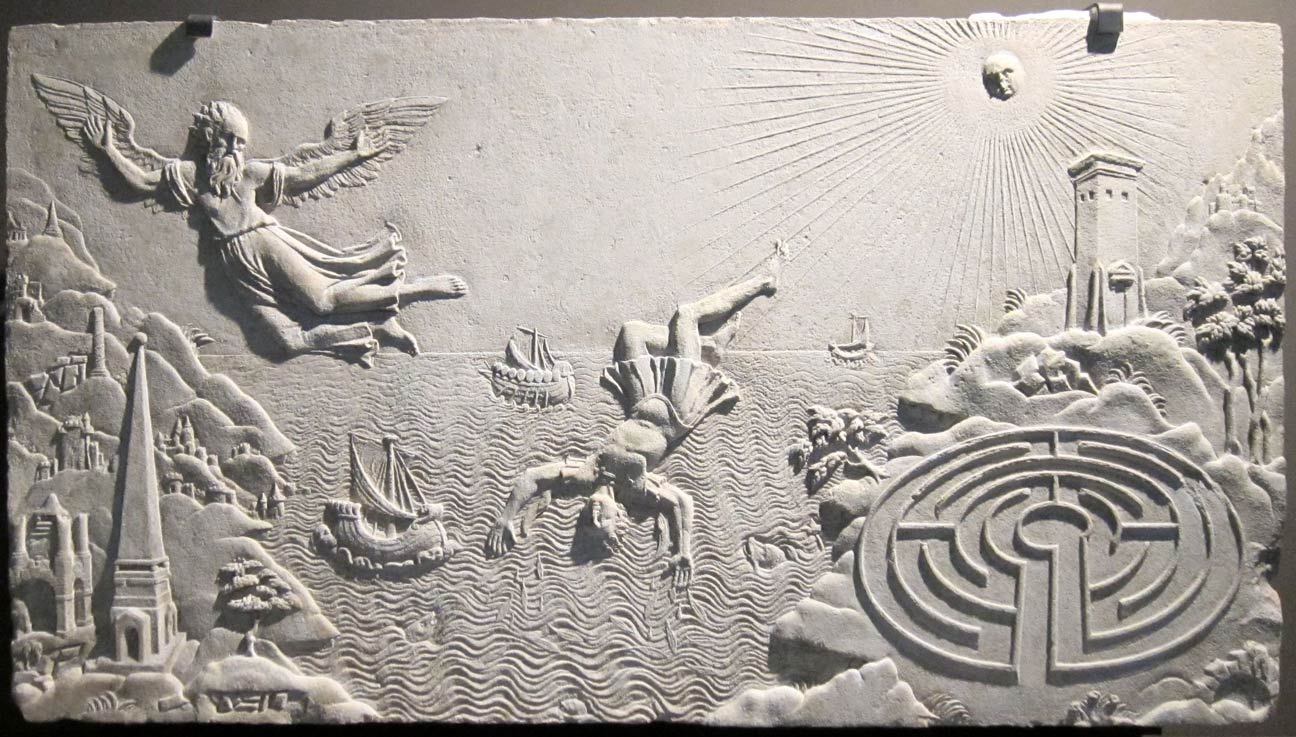Archetypal Coups
I've been thinking more about this idea of "aesthetic erosion"--using the metaphor of coastal erosion, where the shoreline can recede for miles. From an artist's perspective, the shoreline is eroding in the sense that the things that we used to pay attention to are. Back in the 80s and the 90s--before computers or the internet--artists and musicians would just go in their studios and there was a "constrained vision" (a phrase borrowed from the excellent book A Conflict of Visions) of what life was. The internet and social media expanded that vision but much too far. It has demands on the artist in terms of what we have to pay attention to. Now, anytime you look at a screen something is being pushed at you. It's always been a push-pull phenomenon where you bought a newspaper and the content was pushed at you, but you could go to the newsstand and "pull" other magazines and other publications; you could go to the library and look at things as well. We can still do these things but it is much less common.
The stealing of attention is a kind of archetype "kidnapping" or archetype "coup", where something surreptitiously seizes control of your life. Everyone has a constellation of archetypes (See Caroline Myss's gallery of archetypes) that direct their life from birth. I know I have the artist archetype, but it has been kidnapped by the internet and social media, and probably before. The musician archetype was kidnapped probably in the 1960s--and certainly by the time of MTV--where you had to have other archetypes other than the artist archetype. The artist archetype, as we knew it before the 1960s, was demoted in the hierarchy of things that we had to pay attention to. So the musician has to have a certain persona that involves other "alias" (or alien) archetypes. There was a time when music was primary and top-level, certainly before the 20th century. If you were a musician in the 19th century and before other archetypes came into play in the artistic constellation that was either more or less important at any one point. Certainly, classical period composers put music as their primary activity and the archetypes probably centered around those activities. It was a synergistic context where the place where you lived created the music that you made and the music that you made the place. Now there are all kinds of artificial places and we can be different people in them--so the artist archetype has been swept away in the wave action and erosion that is making it less important and less stable.
A possible comparison of archetypes for a musician, say, mid-20th century before and after. There is some overlap of course.



Comments